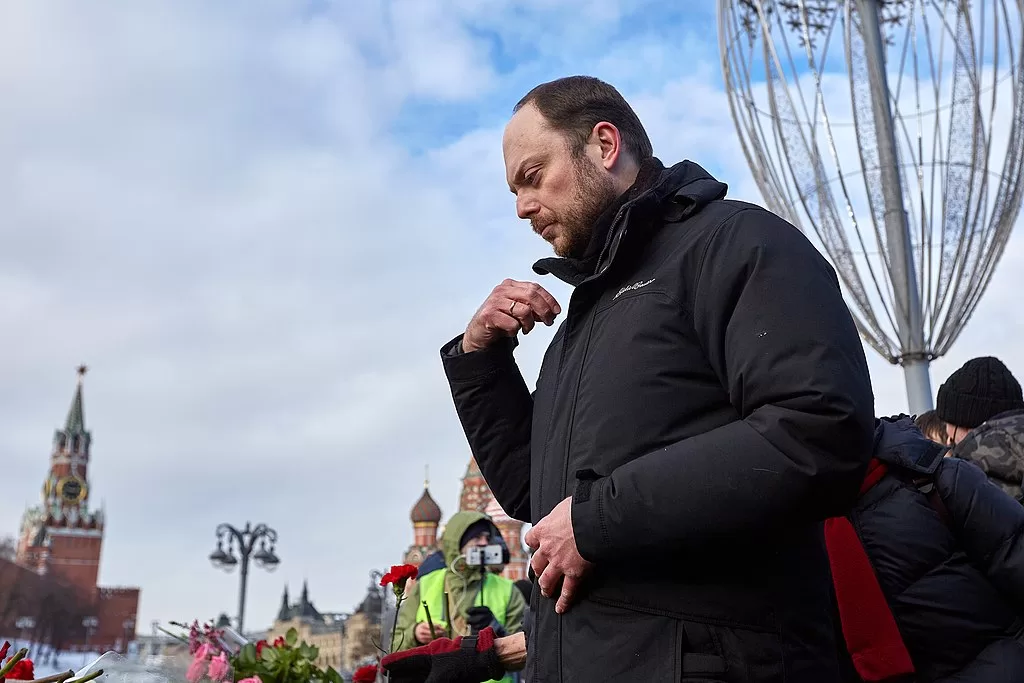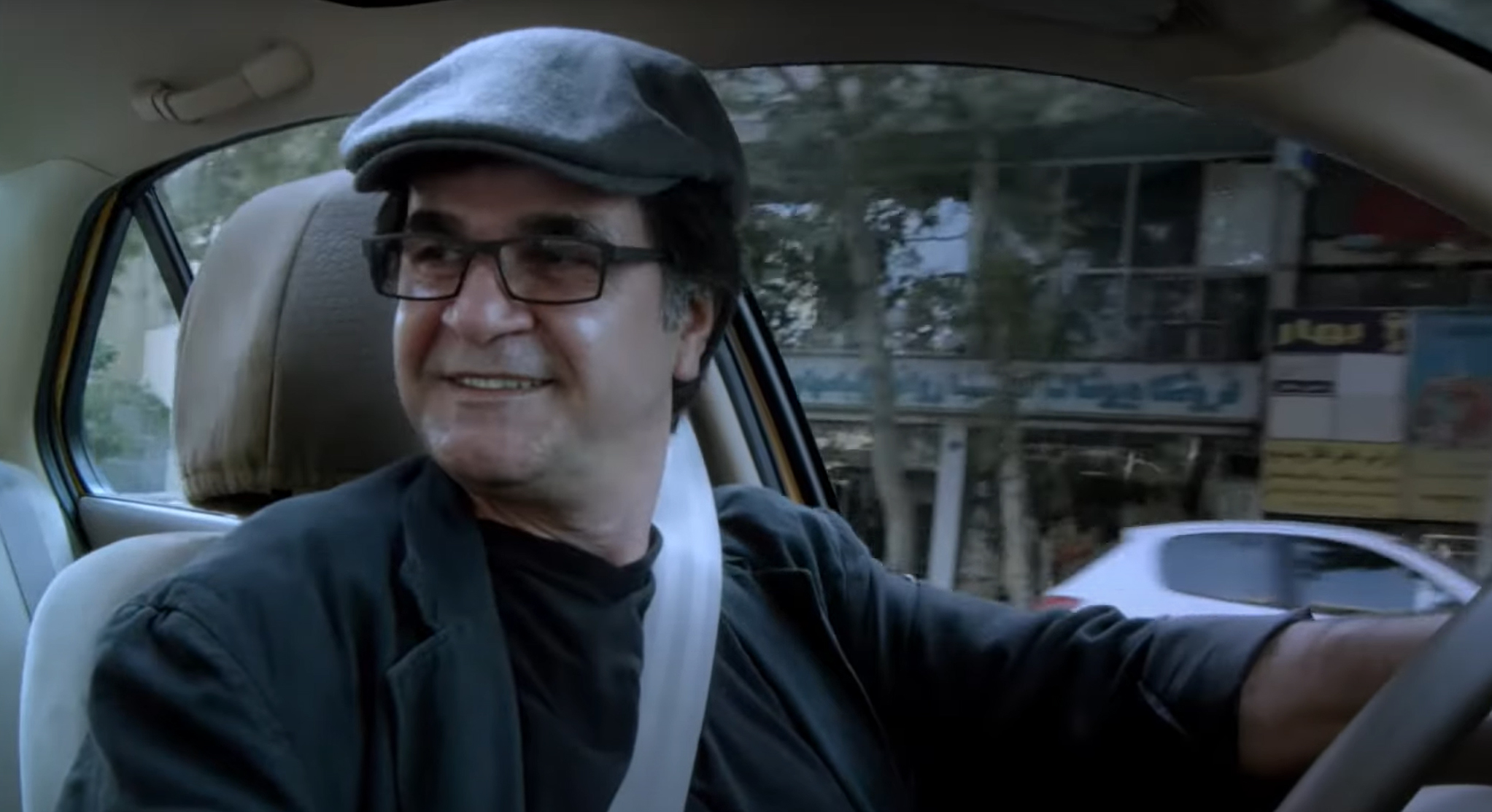Today marks two long years since Vladimir Kara-Murza, a journalist, author, filmmaker, opposition politician, husband and father of three was detained by the Putin regime.
Kara-Murza, a British citizen, had been a tireless pro-democracy campaigner and a champion of legislation that has provided for human rights violators and corrupt officials around the world to be subject to asset freezes and visa bans (Magnitsky Acts). In most of Europe, Kara-Murza is rightly lauded for his work in defense of human rights and was awarded the Václav Havel Human Rights Prize in 2022.
But in Russia Kara-Murza is deemed a threat to Putin and his rule. That legislation he championed for is, after all, named after someone else who dared to speak truth to power: Sergei Magnitsky, who was murdered in a Russian prison after being brutally tortured for 358 days. Last year, Kara-Murza was sentenced to 25 years in prison. It is the lengthiest sentence currently being served by any political prisoner in Russia.
During his detention, Kara-Murza has been forced to endure deplorable conditions, solitary confinement, and ill treatment. His time in solitary confinement has been repeatedly extended for trivial reasons, such as sitting on the bed to put on shoes. He has been consistently denied access to medical care despite suffering from polyneuropathy, a condition affecting his central nervous system, which was damaged when he was near-fatally poisoned by FSB operatives on two separate occasions in 2015 and 2017.
Due to his medical condition he should, according to Russia’s own legislation, be discharged from having to serve his sentence behind bars at all. Instead he is detained in a maximum-security prison in Siberia where he is subject to sub-zero temperatures, barely edible food, a constantly lit cell, and deprived of rest once his metal bed frame is promptly locked away at 5.20am.
When the 25-year sentence was handed down to Kara-Murza last year, Navalny said – from his own prison cell – that the sentence was “revenge for the fact that he did not die” from the previous attempts on his life. Kara-Murza’s life is in real and present danger.
Yet, the response of the UK government has so far been woefully inadequate. It must take urgent and decisive action, using every means at its disposal to secure his immediate release. With every passing day, the risk of him meeting a similar fate to Magnitsky or Alexei Navalny is increasing.






